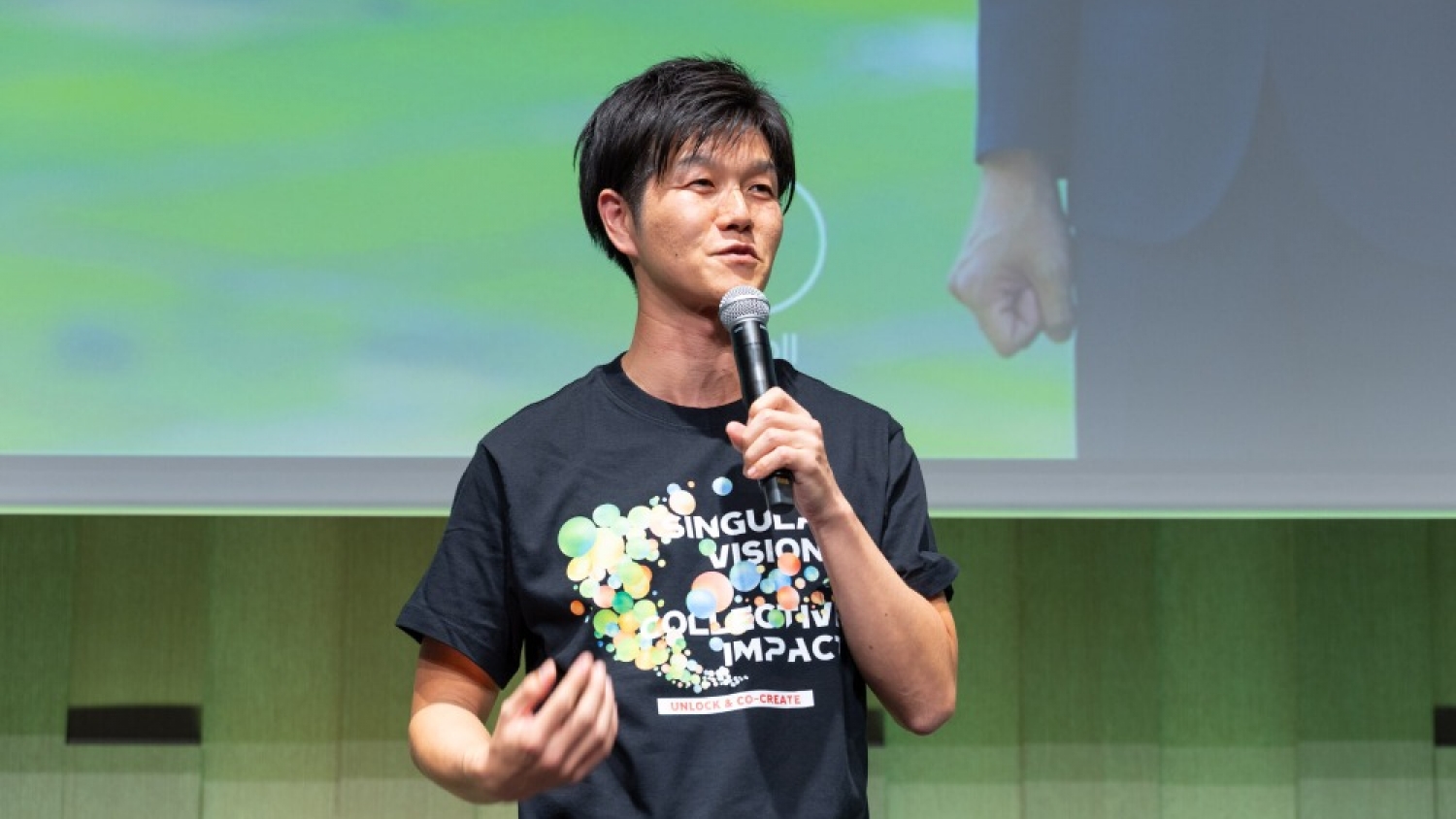
In a striking departure from Japan’s traditional agricultural policy, Norikazu Suzuki, the country’s Minister of Agriculture, Forestry and Fisheries (MAFF), called on the nation’s food and farming industries to “earn and compete globally.” Speaking at the SKS Japan Summit in Tokyo, Suzuki’s message urged a transformation from reliance on state protection to a model driven by innovation, export, and entrepreneurial ambition—a tone rarely heard from the ministry once known for its conservatism.
Suzuki’s unexpected remarks underscore a strategic shift in Japan’s agrifood policy. “Ensuring food security, stability, and protecting rural regions remain vital—but beyond that, Japan has incredible new technologies,” he said. “The message is: let’s use them to earn and compete globally.” His statement, first reported, reflects an internal directive he received upon taking office: “Earn, earn! (稼ぐのよ!稼ぐのよ!).” Although Suzuki did not specify who urged him to pursue this agenda, the audience widely interpreted it as a reference to newly appointed Prime Minister Sanae Takaichi.
Suzuki’s words stand in sharp contrast to decades of cautious, protectionist rhetoric from MAFF officials. “Using the phrase 稼ぐのよ!稼ぐのよ! was quite shocking,” Barry O’Neill, a partner at Tokyo-based impact investor Value Create Ventures. “MAFF ministers usually talk about protection or safety nets. Suzuki’s words are a direct challenge to the old image of farmers as recipients of support. He’s reframing them as entrepreneurs; as businesses that can export, commercialize tech, and compete globally.”
O’Neill added that if Suzuki follows through, it would represent “a transformation of MAFF’s identity—from a gatekeeper ministry to one that drives growth and innovation”. Suzuki himself acknowledged this transition, saying that “the era of ministry protectionism must change.”
The minister’s comments arrive amid mounting pressures on Japan’s agrifood system. Nearly half of the country’s agricultural workforce is over 70 years old, and labor shortages have spread across the supply chain. Japan’s food self-sufficiency rate remains below 40%, with the nation importing over 60% of its total food supply, including 90% of wheat and 100% of corn. Dependence on imports also extends to farm inputs: 80% of fertilizers and 90% of animal feed are sourced from abroad.
This reliance leaves Japan vulnerable to global disruptions. A potential Taiwan Strait conflict, for instance, could block one of Asia’s most critical shipping routes. Suzuki acknowledged these vulnerabilities, noting that Japan must strengthen both its domestic capabilities and its contribution to global solutions for climate change, population growth, and food insecurity.
Suzuki emphasized that innovation and technology are key to revitalizing Japan’s agricultural landscape. He highlighted the nation’s advancements in foodtech, robotics, and biotechnology, suggesting that these sectors could help Japan reclaim competitiveness while addressing labor and sustainability issues. “Japan has world-class expertise,” he said. “It’s time we treat that as an export industry, not a local subsidy case”.
His vision aligns with broader government efforts to commercialize food technology and promote collaboration between startups, investors, and policymakers. MAFF is reportedly finalizing its first national foodtech strategy, following two years of consultations among researchers, entrepreneurs, and agricultural leaders. Hirotaka Tanaka, CEO of Unlockx and organizer of the SKS Summit, will chair the working group tasked with shaping the policy.
According to industry insiders, this initiative could redefine how Japan’s food sector interacts with both capital and regulation. “If MAFF truly shifts from protection to growth, it will unlock new opportunities for startups and investors,” Barry O’Neill . “It could change how innovation reaches global markets.”
Suzuki’s “earn and compete” message carries symbolic weight beyond economics. It reframes Japanese farmers not as passive beneficiaries of government support but as global entrepreneurs equipped to leverage technology and exports. Analysts see this as an essential cultural shift to sustain Japan’s rural communities amid population decline.
“The challenge isn’t only about productivity—it’s about mindset,” said a senior official at a Tokyo-based agricultural cooperative, who requested anonymity. “Farmers must see themselves as part of a global market. Minister Suzuki is trying to make that mental shift happen,” .
While critics caution that systemic change will take time, Suzuki’s remarks have already triggered debate across Japan’s agricultural policy circles. The success of his agenda will depend on how MAFF balances its new commercial ambitions with its traditional duties of food security and rural support.
Still, for an industry long accustomed to subsidies and inward focus, Suzuki’s declaration represents a new narrative—one that could reshape Japan’s position in global agrifood trade.
“If he delivers,” Barry O’Neill told AFN, “Japan could become not just a safe place to farm, but a place to innovate, invest, and lead globally.”
